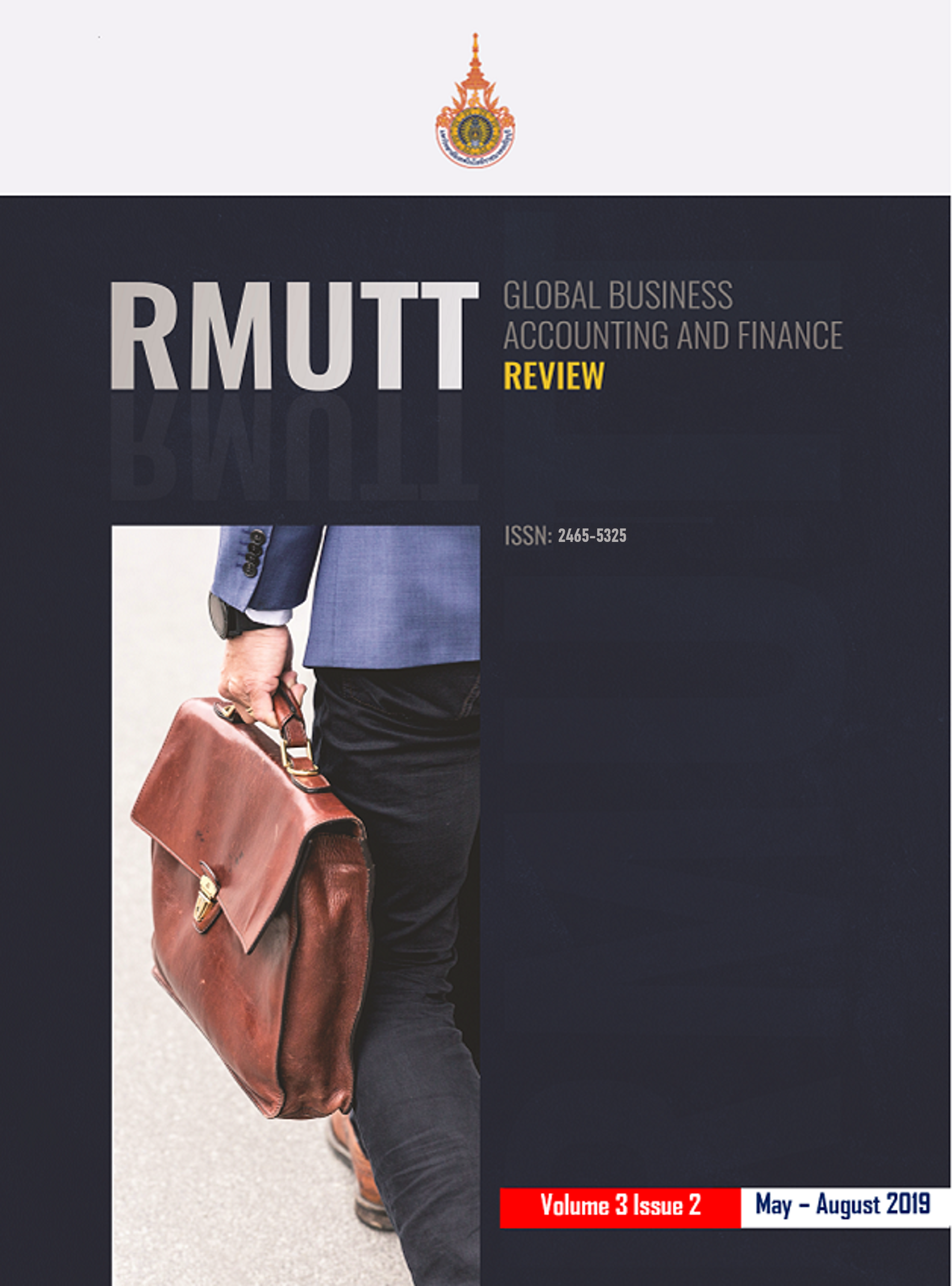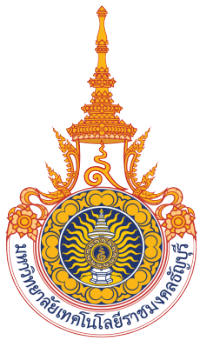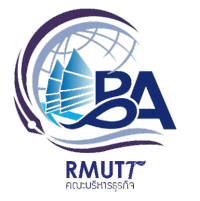THE RELATIONSHIP BETWEEN QUALITY OF WORK LIFE AND EMPLOYEES ENGAGEMENT IN CROWNE PLAZA HOTEL
Keywords:
Quality of Work Life, Employees Engagement, Crowne Plaza Hotel BangkokAbstract
The study about the relationship between quality of life and organizational engagement of staff at the operational level of Crowne Plaza Hotel Bangkok aimed at studying the quality of life of staff at the operation level and studying the relationship between quality of life and organizational engagement of the staff at the Crowne Plaza Hotel Bangkok. The samples consisted of 85 employees working at the Crowne Plaza Bangkok. The data was collected during January to February 2018 by using questionnaire. The data analysis consisted of descriptive statistics including frequency, percentage, mean, and standard deviation and inferential statistics including independent-sample t-test, One-way ANOVA and multiple regression model analysis.
From the study, it was found that different personal factor in terms of age had an effect on different organizational engagement of operational employees at Crowne Plaza Hotel Bangkok. Meanwhile, different personal factors in terms of gender, educational level, income and work position did not have an effect on different organizational engagement of operational employees at Crowne Plaza Hotel Bangkok. In addition, it was found that appropriate and fair remuneration in term of “there is satisfaction toward overtime work in order to get the job done even if there is no overtime payment” had an effect on different organizational engagement of operational employees at Crowne Plaza Hotel Bangkok at the statistically significant level as of 0.05.
References
Akranavičiute, D., & Ruževičius, J. (2007). Quality of life and its components’ measurement. Engineering economics, 52(2).
Buapeng, P. (2011). Factors affecting organizational commitment of employee of Daikin Industries Thailand Ltd. Independent research, (Master of Business Administration, Faculty of Business Administration, Rajamangala University of technology Thanyaburi).
Bryant, P. C., & Allen, D. G. (2013). Compensation, benefits and employee turnover: HR strategies for retaining top talent. Compensation & Benefits Review, 45(3), 171-175.
Chinachote, P. (2015). The relationship between organizational commitment and membership behavior of Small Commercial Bank Employees in Bangkok. Kasem Bundit University Journal, 16(2), 41-60.
Chun, J. S., Shin, Y., Choi, J. N., & Kim, M. S. (2013). How does corporate ethics contribute to firm financial performance? The mediating role of collective organizational commitment and organizational citizenship behavior. Journal of Management, 39(4), 853-877.
Dooris, M. (1999). Healthy Cities and Local Agenda 21: the UK experience—challenges for the new millennium. Health promotion international, 14(4), 365-375.
Ketthat, S. (1990). Directions and policies for managing science and technology education in Thailand For the beginning of the 21st century. Report of the 4th Science and Technology Conference, 46.
Kitiparaporn, P. (1988). Various business view for quality of life of anyone. Journal of Economics and Business Administration, 42-61.
Kongchan, A. (2014). Human resource management. Bangkok: Pabpim
Leelertphan, W. (2014). Factor affecting the level of Organizational Employee Engagement of Nation Broadcasting Corporation Public Company Limited. (Independent research, Master of Business Administration, Nation University).
Rose, R. C., Kumar, N., & Pak, O. G. (2009). The effect of organizational learning on organizational commitment, job satisfaction and work performance. Journal of Applied Business Research (JABR), 25(6).
Sopaphan, S. (2012). The relationship between quality of work life and organizational commitment of ASA Corrugated Container Co., Ltd. (Master Thesis of Business Administration, Silpakorn University).
Steers, R. M. (1977). Antecedents and outcomes of organizational commitment. Administrative science quarterly, 46-56.
Sudjit, K. (2006). Factors affecting the intent to leave of professional nurses, governmental hospitals, Bangkok Metropolitan area. Bangkok: Chulalongkorn University.
Suelueng, P. (2014). Participation and organizational engagement that affected desired behavior of employees of tire industry group. (Independent Study, Master Degree, Rajamangala University of Technology Thanyaburi).
Thepwan, P. (2011). Strategic human resource management: concepts and strategies for competitive advantage. Bangkok: SE-Education.
Walton, R . E. (1975). Criteria for Quality of Working Life. New York: Free Press.
Yamane, T. (1973). Statistics: an Introductory Analysis (3rd edition). New York: Harper & Row.









